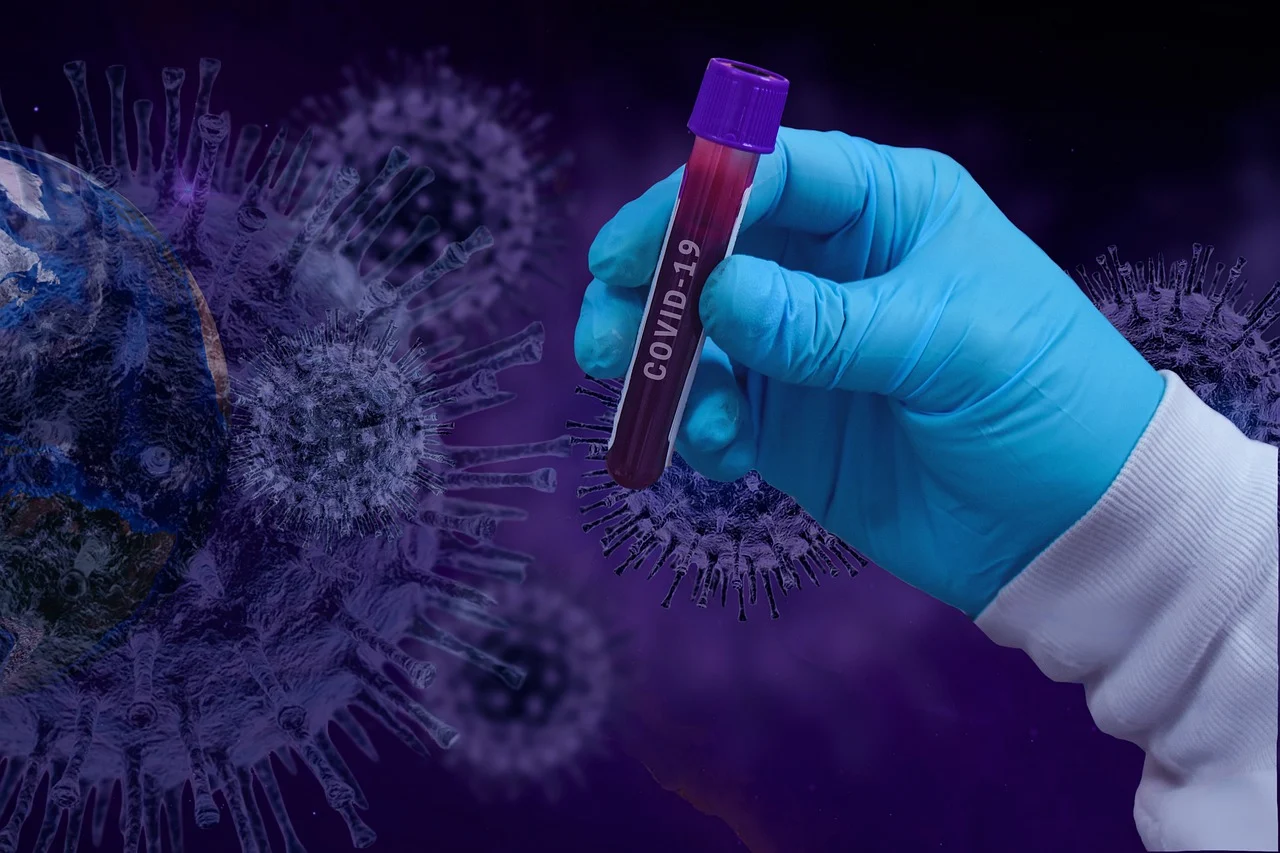‘Significant Breakthrough’: Israel’s Biological Institute Developed antibody that fights the coronavirus
The institute is among the five companies in the race to find a Coronavirus vaccine. What is the role of that antibody, and why should we still be cautious
The Israel Institute for Biological Research (IIBR) confirmed that it has been able to develop an antibody that fights the coronavirus. No clinical trials have been conducted in humans.
In a joint statement to the institute and the Defense Minister Naftali Bennett, it was stated that this antibody “attacks the virus monocularly and knows how to neutralize it inside carriers bodies.”
The Biological Institute in Ness Ziona is among the five global companies in the race to find a vaccine for Coronavirus. So are we actually on the way to the end of the epidemic, and what exactly does that antibody do?
What antibody did they develop at the biological institute?
The institute, which operates in the hermetic secrecy, is under the responsibility of the Ministry of Defense, and in most cases refrained from reporting on the secret developments under it.
The Institute’s scientists have probably been able to develop a passive vaccine. It is a vaccine containing short-memory antibodies whose function is to neutralize the virus, but which have no long-term memory capacity. Such vaccines already exist in the medical world, some of which you probably received.
For example, the anti-tetanus vaccine contains IgG antibodies, which neutralize the Clostridium bacteria Tetanus, an extremely violent bacteria that are most often infected with a cut in the body. The vaccine “lasts” in the body for about 5 years and sometimes less, and therefore every five years must be re-vaccinated.
The rabies vaccine also contains IgG antibodies, which specifically and immediately neutralize the rabies virus. The vaccine is given in several doses, to those bitten by non-rabies vaccinated animals.
What types of antibodies are active against Corona?
Upon initial infection, the IgM antibody virus infiltrates into the area that signals the immune system to reach and attack the infected cells. About two weeks after infection, the body begins to produce long-term antibodies called IgG. They are not only neutralizing the virus but have memory capacity.
IgG antibodies “remember” the invading virus, so the next time they try to infect the body’s cells and proliferate, they will recognize it immediately, lock it, neutralize it and signal it to the white blood cells to destroy it – even before it is damaged. This is actually the most important antibody, which indicates that the person is immunized.
What does an antibody do in the body?
After the coronavirus penetrates the body, through the airways, it communicates to the lung cells using the same “spikes” on its mantle, called Spikes. This link leads to a chain of processes that allows it to melt the human lung cell envelope, penetrate the cell nucleus, and use our hereditary plant DNA, to produce its own genetic charge.During this corona’s attachment to the human cell, the immune system begins to take action: antibodies are injected into the scene, homing on the infected cell, and signaling it, thereby signaling the immune system’s cells to reach the site and storm. Billions of white blood cells are beginning to make their way to the coronavirus invasion areas with one goal: to destroy them. In order to arrive, the same cytokines or interleukins are secreted, mediate these processes, and create additional processes that are supposed to encourage the inflammatory process and, in effect, create a “scene of war.”
The antibodies, then, are the “first-line soldiers” who are ashamed of the alien invader, in our case – the coronavirus, neutralizing it, signaling the immune system to reach the area and destroy the virus-infected cells.
What is the difference between the passive and the active vaccine?
An active vaccine includes some genetically modified protein, which causes the immune system to “think” that it is a real virus or bacterium. The immune system attacks the same protein, creating antibodies against it, identical to the antibody against the virus or bacterium itself. Instead of protein, sometimes a dead or attenuated virus is used that does not cause the disease, but they cause the immune system to “think” that it is a real infection, so they create antibodies against it.
Passive vaccine, which injects “ready” antibodies into the body, without the body having to create, protects for a short time only, and with any fear of recurrent infection should be given again. On the other hand, an active vaccine that requires the body to make the antibodies on its own, protects for a long period, sometimes even decades.
Will the antibody being developed take us out of the Coronavirus crisis?
Since the nature of the antibody is still unclear, this question is difficult to answer, but enthusiasm is likely to be premature. If the antibody is actually developed, it will probably lead to a passive vaccine, that is, a specific vaccine, for those infected with COVID-19. Such a vaccine can work against the virus that has invaded the body, but it does not have “immune memory” so it is unlikely to create long-term protection against adherence, and probably will not take the world out of the Coronavirus crisis.
Read more about: Coronavirus, COVID-19, Pandemics




